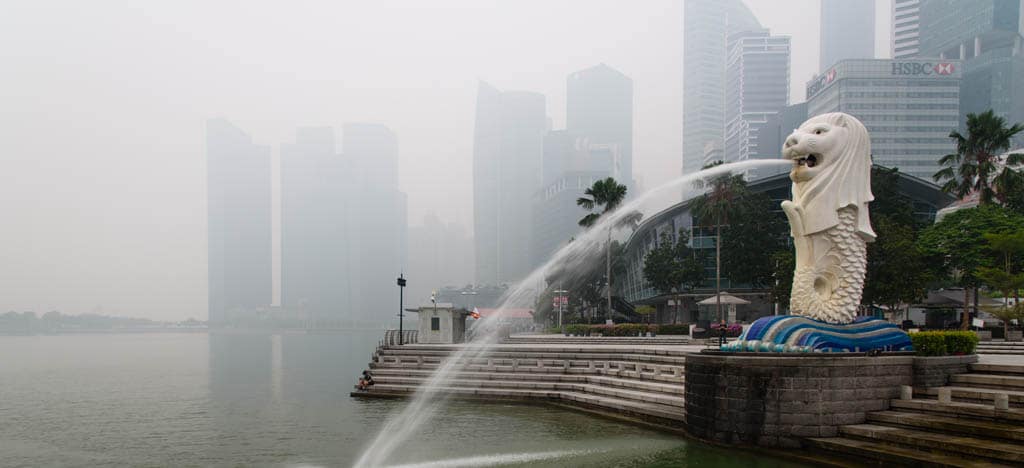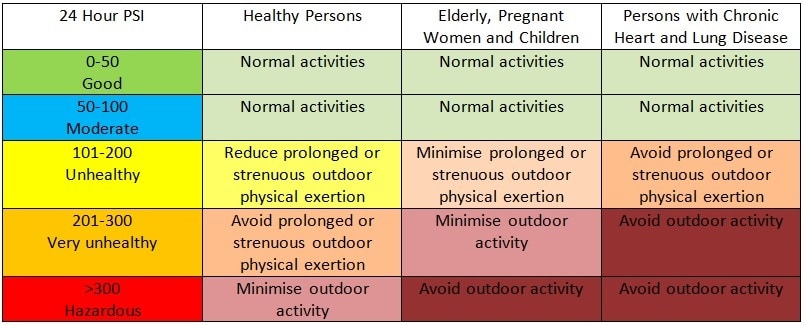
The return of the hot, dry season may mean that forests in Sumatra and Kalimantan in Indonesia are more prone to fires (spontaneous or set by farmers to clear their land). These are known as “hot spots” which are seen on the satellite images that governments in the region use to monitor the forest fire situation. Depending on the prevailing wind conditions, this may also mean the return of the dreaded haze to Singapore, we have been fortunate to be spared the smoky, choking air pollution in the last 3 years.
The Ministry of Health has sent out a pre-emptive reminder on the potential occurrence of the haze, based on weather predictions from the Meteorological Service of Singapore that the dry season is expected from June to October this year.
We advise all our patients, and especially those with chronic heart or lung problems (like asthma), the pregnant, the elderly and the very young to pay special attention and prepare for this possibility. In general, we should all keep well hydrated and be aware of the current Pollution Standard Index (PSI) and tailor the intensity and duration of our outdoor activities accordingly.

All patients with asthma should come in ahead of this season for a consultation so that we can ensure that you are stocked up with your medications and we can formulate a personalised asthma action plan for you. This will guide you in your activities and how much medication to take in various situations. In general you may need to either start, maintain or step up your preventive medication.
You can keep up to date on the PSI with the National Environment Agency (NEA) app found on https://play.google.com/store/apps/details?id=sg.gov.nea or their microsite https://www.haze.gov.sg/Home.aspx. When the haze is prevalent, hourly updates of the PSI are usually provided.
More information is available on:
https://www.moh.gov.sg/content/moh_web/home/pressRoom/Current_Issues/2014/haze.html
Another Note about Masks:
N95 masks are recommended for healthy individuals who need to undertake prolonged and strenuous work outdoors when the air quality is in the very unhealthy range.
N95 masks are not needed for
- short exposure, like commuting from home to school or work
- in an indoor environment
They should not be worn by people with heart or lung problems as they require a lot of effort to breathe through (if properly fitted) and will put too much strain on the heart and lungs. It is better to adhere to the activity chart for the various PSI levels instead.
Dr Lim Hui Ling



































